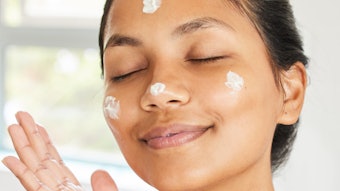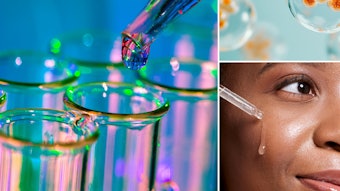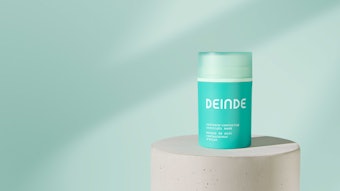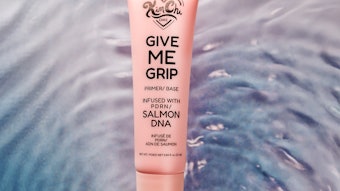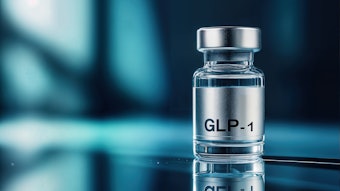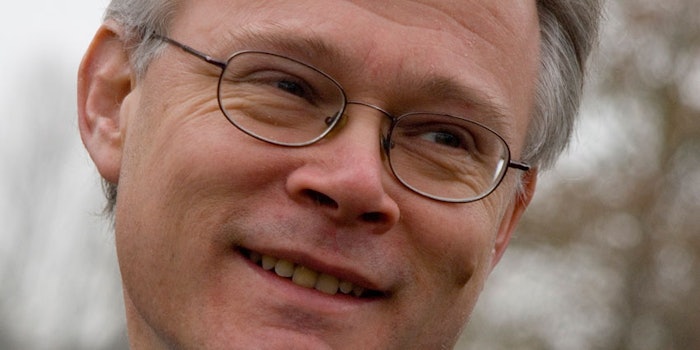
Editor's note: Our "Words from Wiechers" series considers the lessons cosmetics R&D professionals can learn from the late Johann Wiechers, Ph.D. He was an advisor, colleague and thought leader in the industry until his unexpected passing. Presenting Wiechers's insights is IFSCC Education Chair, Anthony J. O'Lenick, Jr.
Chapter 9 in Wiechers's book, Memories of a Cosmetically Disturbed Mind, challenges our fixation on aging and the explosive growth in products making anti-aging claims.
Johann states: “We don’t like aging but we do age. We fight it as much as we can, but is [this] normal? According to Darwinian theory, the only goal of a species, including the human race, is to maintain itself in the best possible shape and to adapt [itself to] new habitats or become extinct.
"From an evolutionary point of view, only the young among us count, and only they have to be beautiful and attractive enough to the other sex to ensure reproduction. [So] our current sociological behavior is absolutely not in line with these Darwinist principles."
Regaining Youth
He continues, however, that "looking young and beautiful at an older age gives humans the confidence we had when we were younger ... Our desire to achieve this has become greater and greater, and so has the size of the anti-aging market. With an ever-increasing aging population [that has] money to spend, the double-digit growth of this type of cosmetics is easily explained.
"But what can the cosmetics industry do to meet this demand? Age is hitting us hard in a number of different ways. Our skin dehydrates and becomes less elastic while age spots and wrinkles appear. Our hair becomes grayer and thinner. Our bones weaken with every gram of calcium we lose. As a consequence, anti-aging products can work in a variety of ways, normally affecting only one or two of these areas—some of which are only remotely associated with aging.
"As an example, a simple moisturizer [could arguably be] a skin anti-aging product simply because our skin dehydrates as we get older. The moisturizer could therefore reduce or possibly even reverse this sign of aging, regardless of whether it has been induced by age, by climatic conditions or by using harsh soap."
Commentary
While Johann's points are well thought-out and logical, they do not take into consideration that human beings are not logical. We are emotional and feeling beings that reject the fact that we age and, some day, will die. We benefit from products that treat the appearance of age and make us feel better about the inescapable aging we all experience—which is a wonderful benefit.
Finally, the fact that cosmetic products can minimize the appearance of aging and make people feel better about themselves provides value for many. Perhaps these products are not for the most logical, i.e., those who are not motivated by emotion. But there are many who enjoy these products and the appearance benefits they provide without expecting an addition to their life span.

